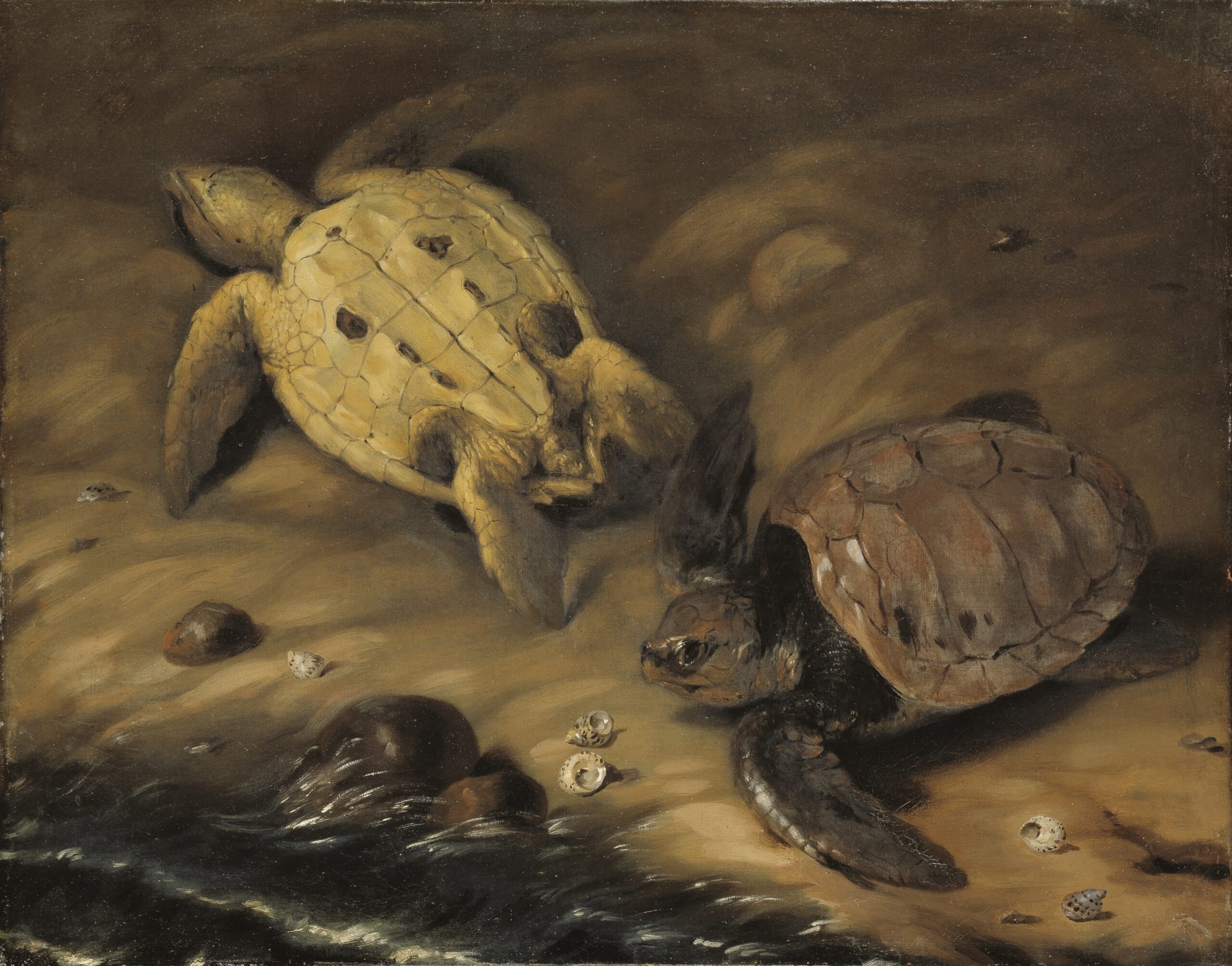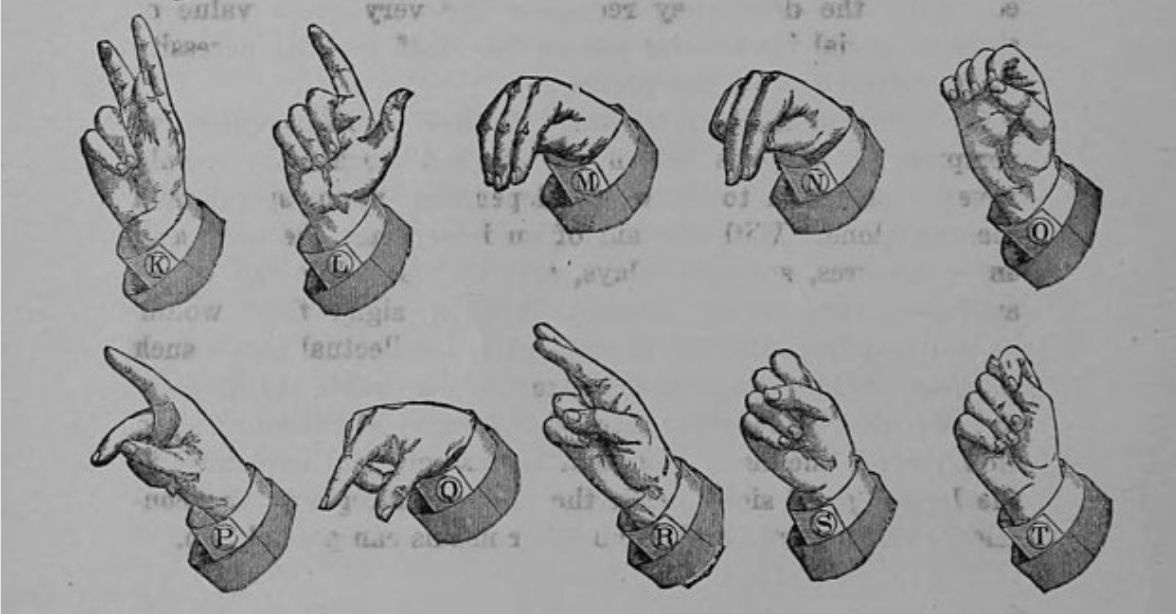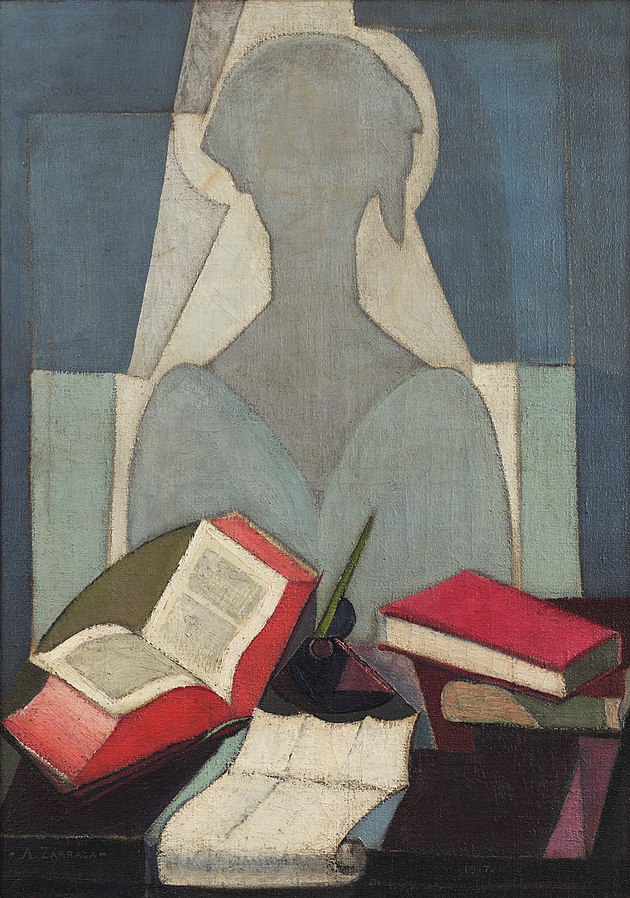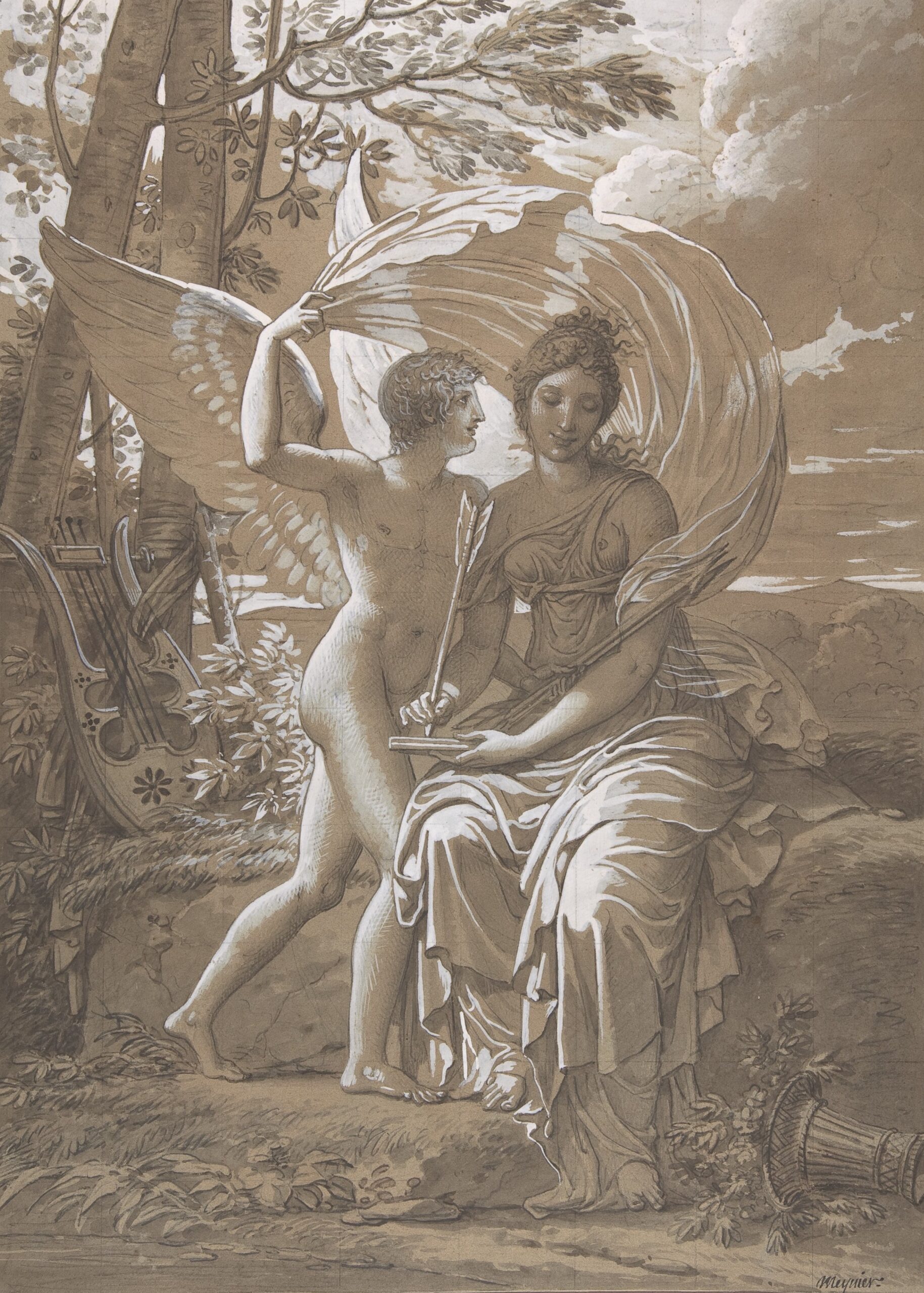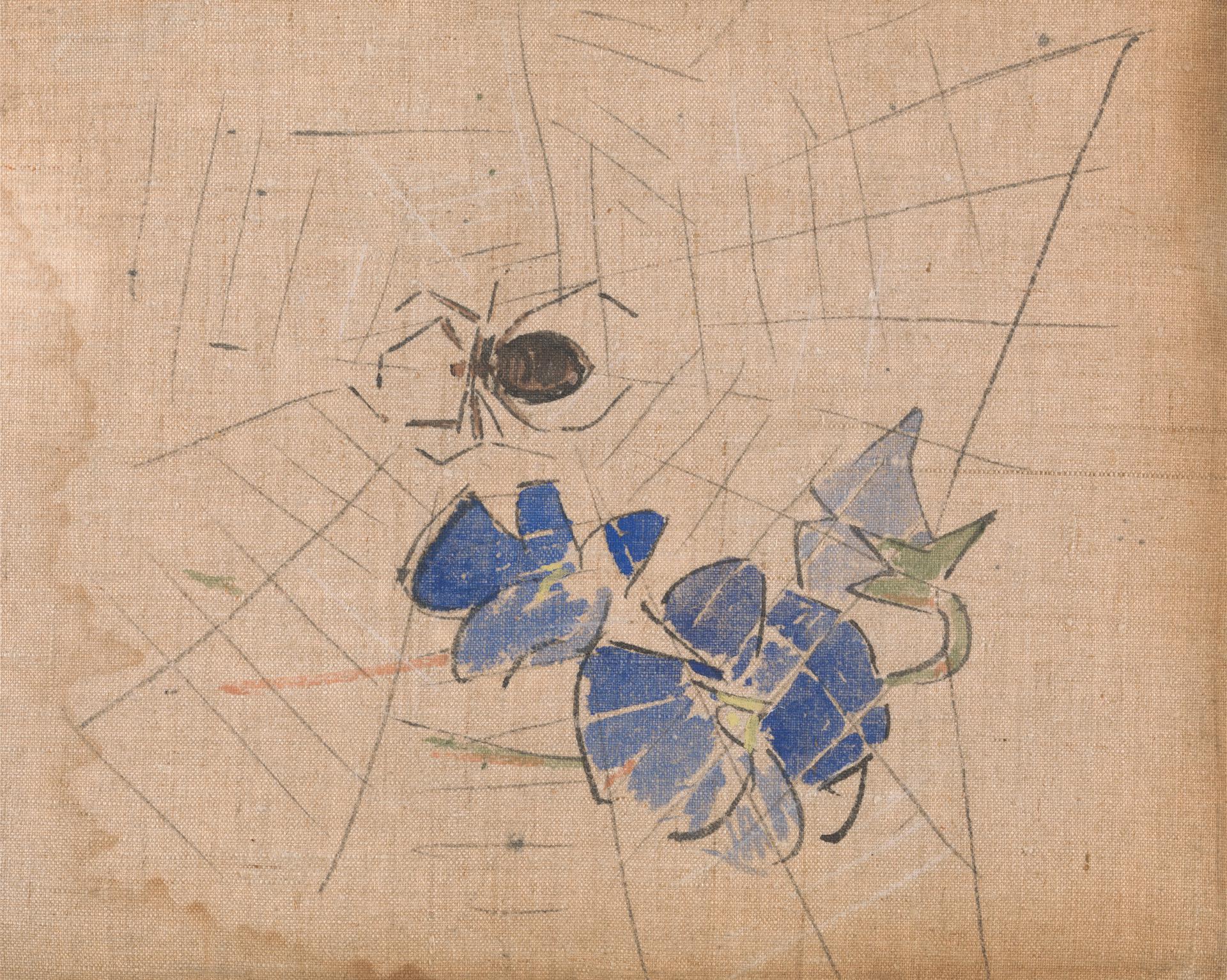Last year, I felt a deep sense of powerlessness as I watched the election season unfold. While Donald Trump gained traction, I struggled with my small political actions, which felt ineffective and insufficient. Would the staff member answering phone calls in the senator’s office really pass on my message? Would signing those online petitions amount to anything? Would the kindly, disabled grandmother I met canvassing in Iowa reach the voting booth come election day? Had I moved the needle at all? And, of course, daily life distracted me. I knew I could do more, but I also felt exhausted.
I needed to find a way to nurture myself at home. Reading, I knew, I could always count on. And translations, I thought, would broaden my views while also providing a pleasurable escape.
I decided to seek novels that would push me beyond our country’s borders—beyond the expected, mainstream experience into the margins, where voices are silenced, ignored, and unheard.
 One of the books that I chose during this period was Mercè Rodoreda’s The Time of the Doves, which is titled La plaça del Diamant in Catalan. I picked this novel because I was curious about Catalan literature and the only other book I had read about the Spanish Civil War was For Whom the Bell Tolls. About a white American male’s experience abroad, written by a white American male (albeit, yes, Ernest Hemingway), For Whom the Bell Tolls provides a decidedly confined lens to the war. The Time of the Doves, on the other hand, was written by a female Catalan author and is about a young woman’s experience at home as the fighting continues around her. Perfect, I thought.
One of the books that I chose during this period was Mercè Rodoreda’s The Time of the Doves, which is titled La plaça del Diamant in Catalan. I picked this novel because I was curious about Catalan literature and the only other book I had read about the Spanish Civil War was For Whom the Bell Tolls. About a white American male’s experience abroad, written by a white American male (albeit, yes, Ernest Hemingway), For Whom the Bell Tolls provides a decidedly confined lens to the war. The Time of the Doves, on the other hand, was written by a female Catalan author and is about a young woman’s experience at home as the fighting continues around her. Perfect, I thought.
The Time of the Doves delivered what I needed. Rodoreda’s novel focuses on Natalia, a naïve shop girl, through a stream-of-consciousness narrative. Early on, Natalia is nicknamed “Colometa,” or “little dove” by Quimet, a man she meets at a dance in plaça del Diamant, the local square. Quimet, a harsh and obsessive man, courts Natalia until she eventually acquiesces to marriage though she must give up her fiancé, Pere. In a heartbreaking scene early on in the story, she encounters Pere after marrying Quimet:
And he gazed at me like he was drowning in the crowd, in the flowers, among all those stalls. He told me how one day he’d run into Julieta and Julieta had told him I was married and as soon as he heard it he thought of how much he wished me luck. I lowered my eyes because I didn’t know what to say or do, and I felt like I had to roll the sadness into a ball, a bullet, a bit of grapeshot. Swallow it. And since he was taller than me, while I was standing with my head down I felt the weight of all the sadness Pere carried inside him on the top of my head and it seemed like he saw everything inside me, all my secrets and my pain.
Rodoreda inserts violent imagery like the swallowing of “a bullet, a bit of grapeshot” into Natalia’s everyday emotional interactions, and although the Spanish Civil War has not yet begun, the mood is foreboding from the start. The rhythmic, rambling sentences add to this atmosphere, which becomes increasingly ominous as the war approaches.
The Time of the Doves follows Natalia’s life as a wife, mother, and eventual widow. Enduring Quimet’s small insults and larger abuses, his fanatical need to raise doves in their apartment while leaving the caretaking to Natalia, and then his absence when he joins the Republican Army, Natalia endures war, poverty, depression. Perplexed by her own helplessness and the destruction of the life she once knew, she even contemplates killing her children:
And one night when I was lying with Antoni on one side and Rita on the other, with their ribs sticking out and their bodies all lined with bright blue veins, I decided to kill them. I didn’t know how I was going to do it. I couldn’t blindfold them and throw them off the balcony. What if they only broke a leg? And they were stronger than I was. I had about as much strength as a dead cat. I couldn’t do it. I fell asleep with my head splitting and my feet numb.
What I loved about The Time of the Doves was how close I came to Natalia’s thought process. Rodoreda precisely renders Natalia’s life as she saw and lived it in the moment. As the book progresses, Natalia’s psychology and self-analysis deepens, and though the novel skirts the conflict between the Republicans and the Nationalists, the reader learns about the war’s destructive effect on citizens at home. So often we read stories about soldiers and their suffering, and of course they do suffer, but the women are cast aside or swept away. Forgotten. This novel’s greatest strength is Rodoreda’s skillful expression of the women who were left behind. Natalia catalogs everything from the loss of essential items like gas and charcoal and milk, to the terror of waiting for your husband to return or die in battle, and how life and work and motherhood must continue despite it all.
Rodoreda crafts an absorbing, dreamlike voice that conveys the effects of war while always remaining in Natalia’s purview, as she does here:
I’d wake up at night and all my insides were like a house when the moving men come and shift everything around. That’s what I felt like inside: with wardrobes in the front hall and chairs with their legs sticking up and cups on the floor waiting to be wrapped in paper and packed in straw in boxes and the mattress and the bed taken apart and leaning against the wall and everything all messed up.
This is an example of how Rodoreda describes the wartime experience while remaining in the language of the domestic sphere. By comparing Natalia’s fraught state to a home in disarray, Rodoreda elevates the importance of the feminine. Yes, women during the Spanish Civil War suffered. Yes, this suffering looked different and was less visible than the traditional male-centered war narrative, but it is still important to discuss and name.
Rodoreda’s choices took on greater significance for me when I researched the author and the circumstances under which she wrote The Time of the Doves. In 1939, the military dictator Francisco Franco captured Barcelona. Soon after, he began suppressing the Catalan language and culture, and Rodoreda went into exile. Years later, when she began writing La plaça del Diamant, no one was sure the Catalan language would survive much longer. And yet, Rodoreda decided to write in her mother tongue, to use her writing as an act of resistance. This linguistic defiance, coupled with her decision to feature a woman’s story as the voice of the Spanish Civil War, is powerful and heartening.
I found solidarity in understanding that across time and culture and language, those who are marginalized and repressed continue to resist. This knowledge comforts me still, as Trump attacks freedom of speech, ridicules the DOJ and the FBI, baits Kim Jong-un, dismisses Puerto Rico’s catastrophes, guts healthcare protections for the most vulnerable, orders xenophobic and Islamophobic travel bans, and more.
Fiction creates empathy in a way that reading the news does not. It pierces our consciousness, allowing us to find similarities in the human condition. Now, when I come upon articles about Catalonia’s recent vote for independence and the subsequent demonstrations, violence, and suspension of Catalonia’s autonomy by the Spanish government, I recognize some of the history and pain that has led to this political moment. I wonder if Trump and his men would change if they read similar stories about the people they demonize in North Korea, China, Iran, or Mexico—or even here at home, about the black, native, poor, imprisoned, Muslim, Asian-American, undocumented, or LGTBQ experience in America—anywhere and anyone foreign to themselves, really.
The Time of the Doves reminds me that writing can be an act of resistance as well as a reclamation of one’s beliefs, culture, and humanity. As the Trump administration continues its attempts to disempower its citizenry, Mercè Rodoreda encourages me to search for the voices most likely to be excluded. She reminds me of the power of the written word, of language’s ability to create new spaces in our world. In a time when our future feels more unpredictable than ever, this novel will continue to fuel me in the days to come.


